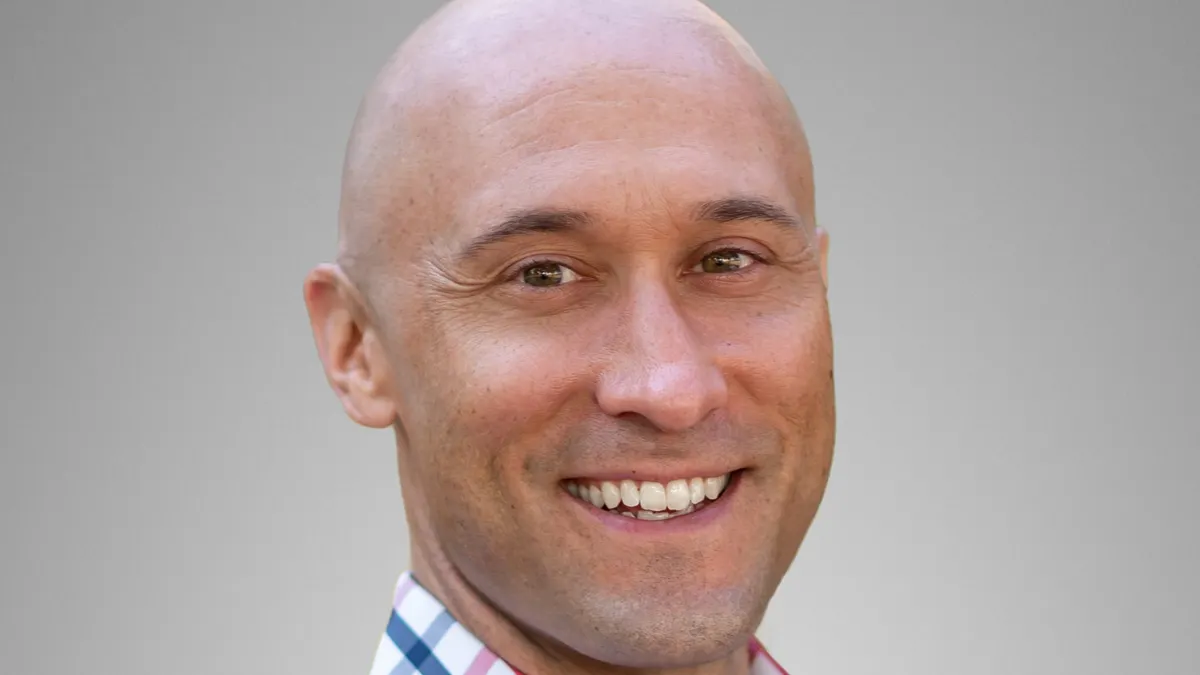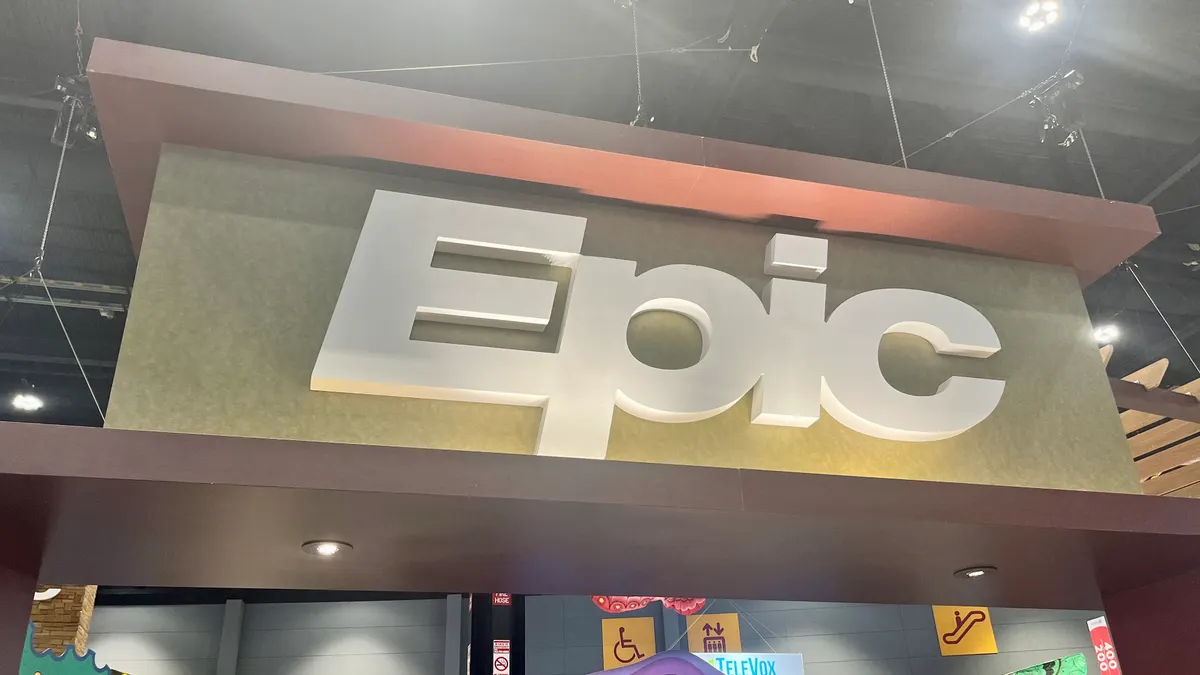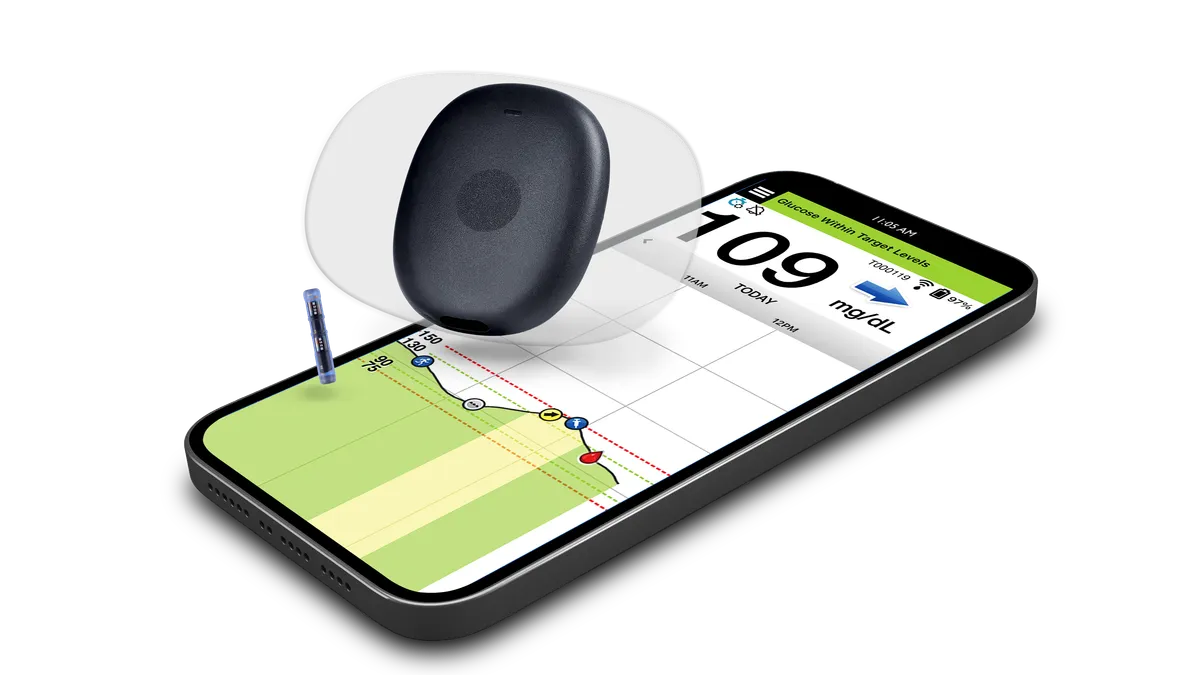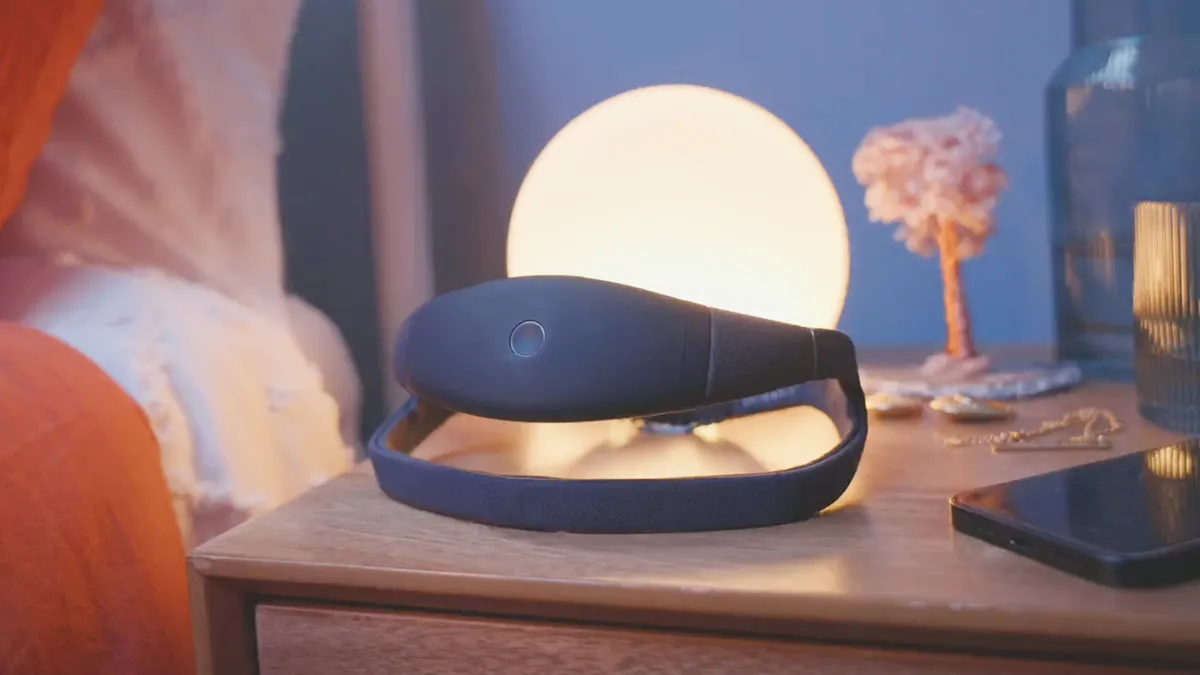While attention focused on iRhythm Technologies after Medicare rates for long-term cardiac monitoring were slashed in January, the fallout is now extending to other players and the future of the much-hyped market is being questioned.
Novitas Solutions, which sets regional Medicare rates as a Medicare Administrative Contractor, is working with iRhythm and rivals about possibly changing the published rates. However, there is no timetable for when — or if — the rates will change, leaving Wall Street and industry in a holding pattern.
Baird Equity Research analyst Mike Polark said that the reimbursement uncertainty makes any long-term growth expectation for iRhythm and the overall cardiac wearables market difficult.
"If this [Novitas Solutions] rate is not adjusted, these companies don't make money and will be unlikely to provide the service," Polark said. "It's very much a TBD. We need visibility on reimbursement levels before we can more confidently revisit long-term volume expectations."
In January, the MAC cut reimbursement rates for extended external EKG use from roughly $310 to a range of about $40 to $50. The move came after CMS gave the services a permanent Category I code but did not set a national price, leaving the decision to the MACs.
The rate cut sent iRhythm's stock price in a downward spiral that leveled off but has not yet stopped. It also spurred Hillrom to consider stepping away from its $375 million takeover of Bardy Diagnostics, a deal announced in January.
Despite these events, analysts at William Blair and J.P. Morgan still back iRhythm and the cardiac monitoring space.
J.P. Morgan in a recent note argued the upside far outweighs the downside as iRhythm still has options if Novitas finalizes rates at their current amount or only minimally increases them.
For example, iRhythm can hold claims before filing them to give negotiations more time or the company could ultimately get a more favorable national price from CMS in the 2022 calendar year Physician Fee Schedule.
Similarly, William Blair still views iRhythm as a top company with the potential to grow volume by 20% or greater in 2021 and 2022, fueled by a take-off in demand for wearables and remote patient monitoring devices. The analysts did note the reimbursement issue as a risk but were still high on the company's growth potential.
CMS claims make up about 25% of iRhythm's revenue, and the majority of those are processed through Novitas. So, the once-bright future of the company and market leader, as well as the long-term monitoring space in general, were thrown into question once the lowered rates were published.
iRhythm CEO Michael Coyle said during a recent earnings call the company and others in industry have met multiple times with Novitas over a few weeks to discuss pricing and clinical effectiveness data. Coyle did not give a timeline for any expected update from Novitas.
Investors are still cautious.
The company's stock price dropped from $251 on Jan. 28 — the day before Novitas published rates — to $141.12 when the market closed March 12. The stock price more than tripled between January 2020 to January of this year.
The U.S. cardiac monitoring market is worth about $2 billion and is currently 20% penetrated, according to William Blair. And Wall Street is bullish on growth as companies target new user groups and wearables become more popular, a trend accelerated by the coronavirus pandemic.
Impact beyond iRhythm
While iRhythm is the leader, players like Bardy Diagnostics, BioTelemetry and Preventice Solutions have caught the attention of the medical device industry.
All three have been acquired by a larger medtech since the start of the year: Philips bought BioTelemetry for $2.8 billion in December, Boston Scientific spent $925 million on Preventice in January, and Hillrom agreed to acquire Bardy Dx in January for $375 million.
Now the impact of the Novitas saga may be extending to other players.
Hillrom announced March 1 it will step back from its Bardy Dx deal, saying that the lower Novitas rates have led to conditions of the deal not being met. Bardy Dx then notified Hillrom that it filed a complaint in the Delaware Court of Chancery.
Hillrom CEO John Groetelaars said March 11 during a Barclays healthcare conference he cannot comment because of the ongoing litigation but added the company expects a decision on any rate changes from Novitas "in the near future."
The company declined a request for comment on whether it has met with Novitas or if any update on pricing changes can be given.
All four companies are impacted by the Novitas decision as the majority of their long-term use claims are processed through the MAC, according to Polark. However, not every company is as reliant on long-term use for its business.
Long-term use makes up roughly 10-15% of Preventice's and BioTelemetry's total revenues, compared to roughly 95% of iRhythm's revenues and a similar level for Bardy Dx, Polark said.
The main debate around the rate changes is regarding the cost of extended cardiac wearables use, typically considered longer than 48 hours and up to 14 days. In the finalized rule, CMS said that it has received recommendations for reimbursing the long-term external patch device at over $400 while other commenters contended that the devices cost roughly $100-$120 when bought in bulk. The fluctuation and the lack of specific cost data are what led the agency to pass on setting a national rate.
Analysts contend Novitas is likely to change rates because it has met multiple times with iRhythm over the last month. But there are still questions regarding where rates ultimately end up.
"I think the next adjustment is a positive one, an upward revision. To what level? I don't know," Polark said.
The company has backing on clinical effectiveness from the American College of Cardiology and the Heart Rhythm Society. The U.K. National Institute for Health and Care Excellence also recommended in December the use of iRhythm's long-term monitor Zio Xt past a 24-hour period for certain patients.
After iRhythm's fourth-quarter earnings call in late February, William Blair analysts wrote that Coyle's updates "seem to increase the likelihood that Novitas will update its extended wear [EKG] rates to a more supportive level, though the ultimate rate and timing of this announcement is admittedly still unknown."
J.P. Morgan analysts wrote in a March 12 note that they expect new rates to come between late March and late April.
Even with pricing uncertainty, William Blair projected volumes for Zio Xt to increase by 28% and 20% in 2021 and 2022, respectively. The would extend iRhythm's market share and put total sales at roughly $465 million in 2022.
iRhythm grew revenue year over year by 23.6% to $265 million in 2020. The company reported a net loss of $43.8 million last year, compared to a loss of $54.6 million in 2019.





















